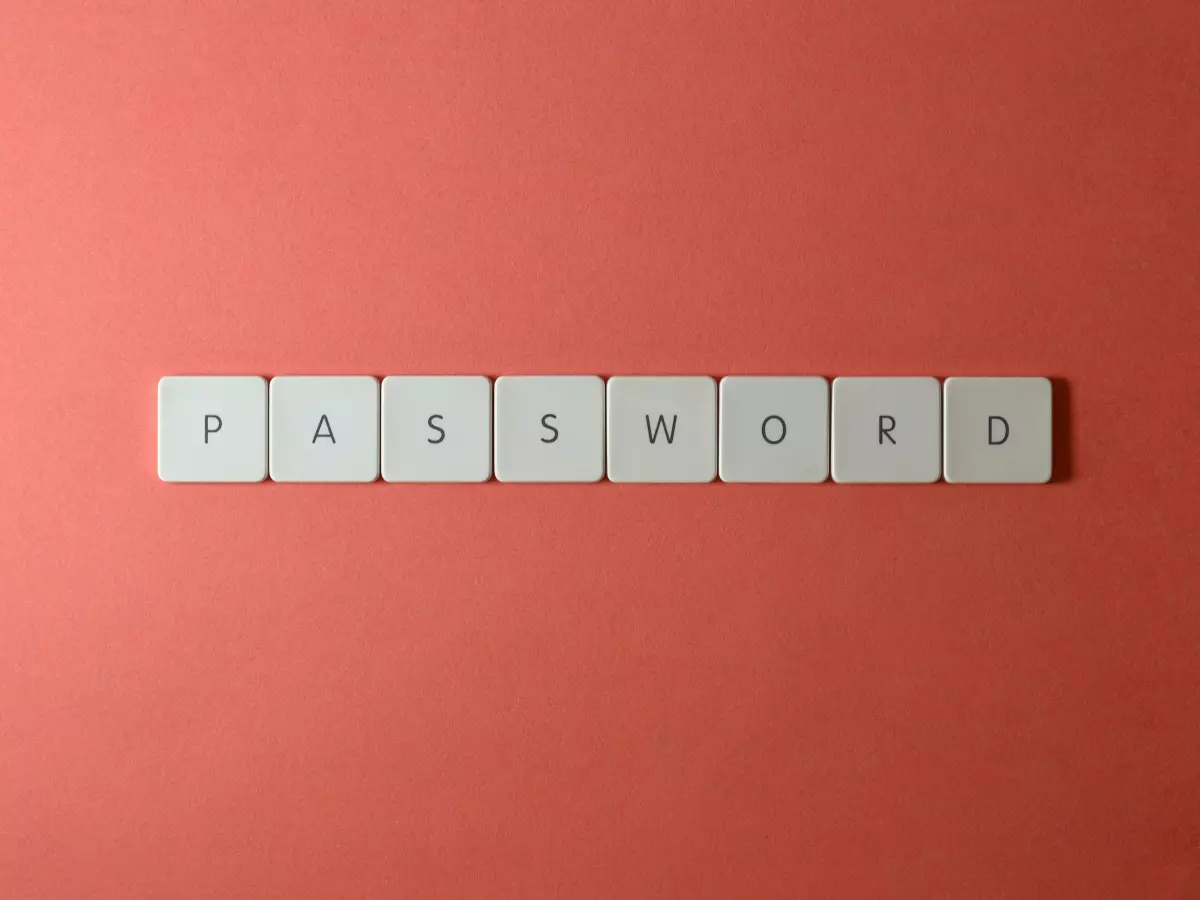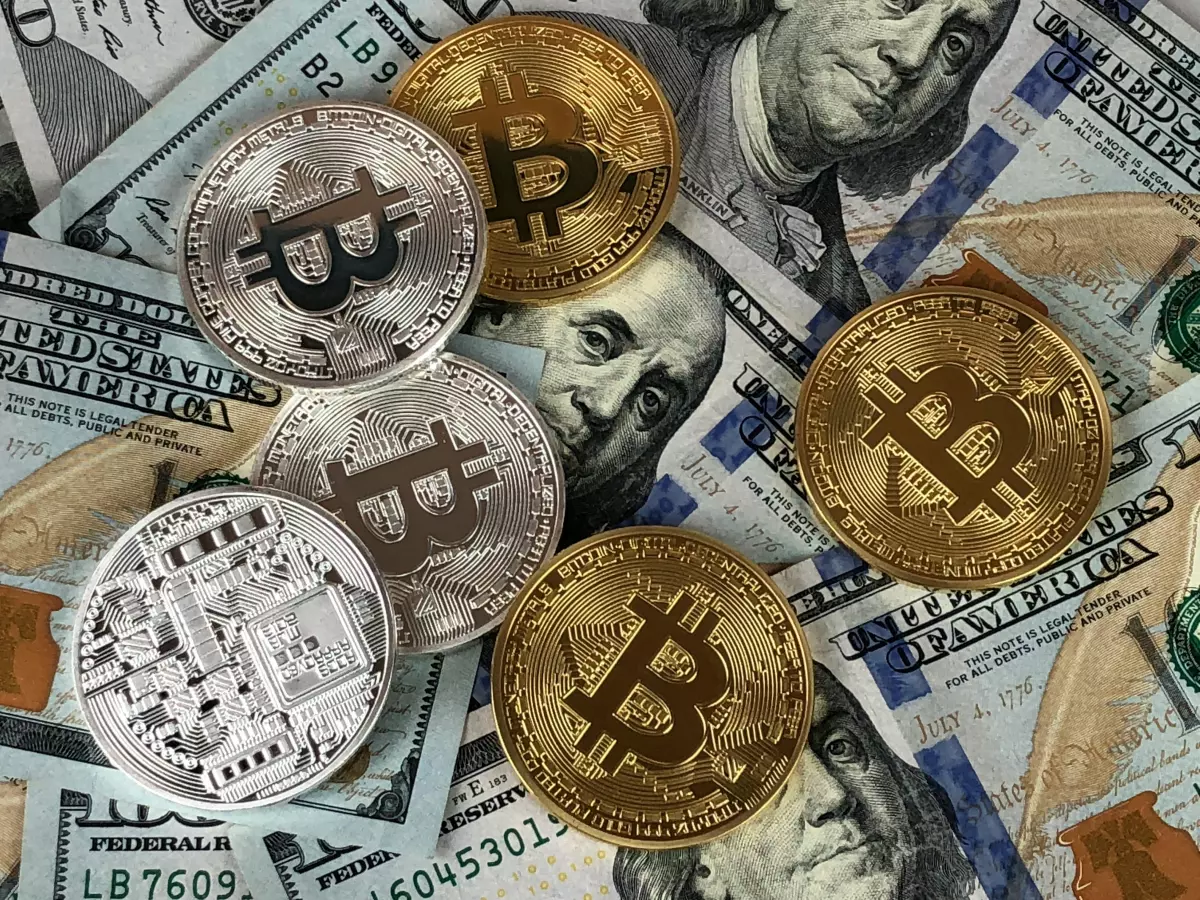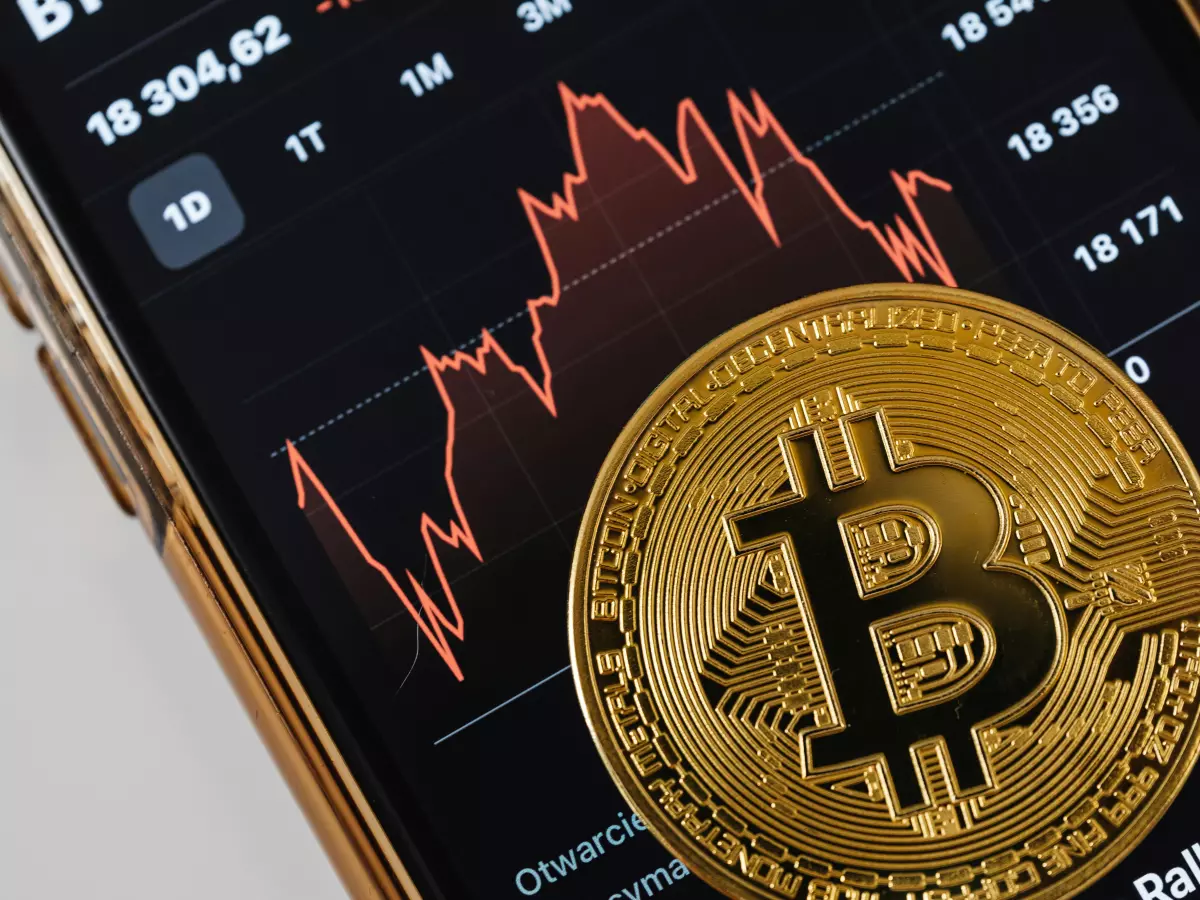Bitcoin’s Privacy War
Is Bitcoin still the 'freedom money' it was meant to be, or is financial privacy under threat?

By Kevin Lee
Bitcoin was once hailed as the ultimate tool for financial freedom—an untraceable, decentralized currency that could bypass traditional banking systems. But now, the fight for Bitcoin privacy has truly begun, and it’s not looking pretty. With regulators tightening their grip and privacy advocates pushing back, the battle lines are drawn. So, what’s at stake here? And more importantly, who’s going to win?
On one side, you have the privacy advocates—those who believe Bitcoin should remain a tool for financial autonomy, free from government oversight. On the other, regulators and governments who argue that without proper oversight, Bitcoin could become a haven for illegal activities. The tension between these two camps has never been higher, and the future of Bitcoin as 'freedom money' hangs in the balance.
The Privacy Promise of Bitcoin
When Bitcoin first hit the scene, it was touted as a way to conduct transactions without the prying eyes of banks or governments. It was supposed to be anonymous, decentralized, and free from the traditional financial system. People could send and receive money without anyone knowing who they were. Sounds like a dream, right?
Well, that dream is now facing some serious challenges. Governments around the world are increasingly concerned about Bitcoin being used for money laundering, tax evasion, and other illicit activities. And they’re not wrong—Bitcoin’s pseudo-anonymity does make it attractive for those looking to hide their financial dealings. But does that mean we should sacrifice financial privacy altogether?
Regulation: Necessary Evil or Overreach?
Let’s be real—regulation isn’t always a bad thing. It can help prevent fraud, protect consumers, and ensure that financial systems are stable. But when it comes to Bitcoin, many argue that regulation is starting to go too far. Instead of just targeting criminals, governments are casting a wide net that could affect the average Bitcoin user.
Take the recent case of the Samourai developers, Keonne Rodriguez and William Lonergan Hill, who appeared in court for the first time. Their defense attorneys argue that they weren’t running a money transmitting business, but regulators seem to think otherwise. This case is just one example of how the fight for Bitcoin privacy is playing out in real-time. Bitcoin Magazine reports that financial privacy is now in the crosshairs, and Bitcoin’s promise as 'freedom money' is at stake.
What’s Next for Bitcoin Privacy?
So, where does this leave us? Well, the fight is far from over. Privacy-focused Bitcoin wallets like Samourai are still pushing back against regulators, and many in the crypto community are doubling down on their commitment to financial privacy. But it’s clear that the road ahead won’t be easy.
As governments continue to crack down on Bitcoin, privacy advocates will need to find new ways to protect users’ anonymity without running afoul of the law. Whether that means developing new technologies or finding legal loopholes, one thing is certain: the fight for Bitcoin privacy is just getting started.
In the end, the question isn’t whether Bitcoin will survive—it’s whether it will remain the 'freedom money' it was always meant to be. And that’s a question only time will answer.





